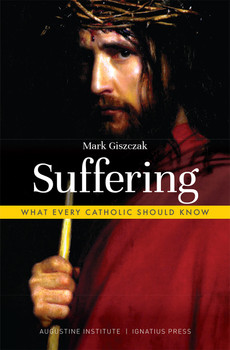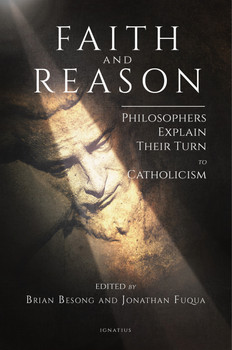Description
Why would an all-loving God allow suffering? Are not suffering and love opposed to one another? Does suffering have any meaning or benefit? Is there any objective evidence for God, for a soul that will survive bodily death, for the resurrection of Jesus? Who is God anyway – benevolent and loving, or angry and retributive?
Fr. Robert Spitzer, S.J., gives a comprehensive response to these questions and many others, explaining the contemporary evidence for God, the soul, and the resurrection. He discusses how God uses suffering to lead us to compassion for others and eternal life. He also shows how the Holy Spirit guides us through times of suffering toward our salvation, explaining the signs and the interior movements that reveal the Spirit's actions.
Fr. Spitzer not only addresses the perplexing questions associated with suffering but teaches us how to suffer well. He points out some of the most common mistakes people make when trying to interpret God's motives for allowing or alleviating suffering. He demonstrates why suffering – in combination with love – is one of the most powerful motivating agents for personal, cultural, and societal development.
and literature, it has also enthralled popular culture, which offers very little to encourage the "soul's upward yearning".
There are many signs of the widespread loss of confidence in our ability to soar upward, and these have been noted by thinkers as diverse as Carl Jung (psychiatrist), Mircea Eliade (historian of religion), Gabriel Marcel (philosopher), and authors C.S. Lewis and J.R.R. Tolkien. Their observations were validated by a 2004 study published in the American Journal of Psychiatry that linked the absence of religion with a marked increase in suicide, meaninglessness, substance abuse, separation from family members, and other psychological problems.
Thus, the loss of transcendence is negatively affecting an entire society. It is stealing from countless individuals their sense of happiness, dignity, ideals, virtues, and destiny.Ironically, the evidence for transcendence is greater today than in any other period in history. The problem is, this evidence has not been compiled and made widely available—a challenge Father Spitzer aspires to meet with this book.
Father Spitzer's work provides a bright light in the midst of the darkness by presenting traditional and contemporary evidence for God and a transphysical soul from several major sources. It shows that we are transcendent beings with souls capable of surviving bodily death; that we are self-reflective beings aware of and able to strive toward perfect truth, love, goodness, and beauty; that we have the dignity of being created in the very image of God. If we underestimate these truths, we undervalue one another, underlive our lives, and underachieve our destiny.














